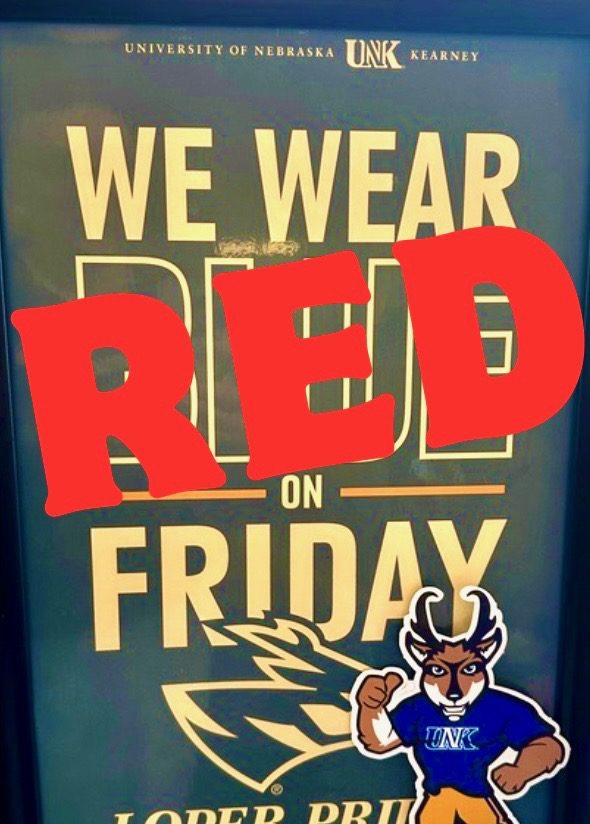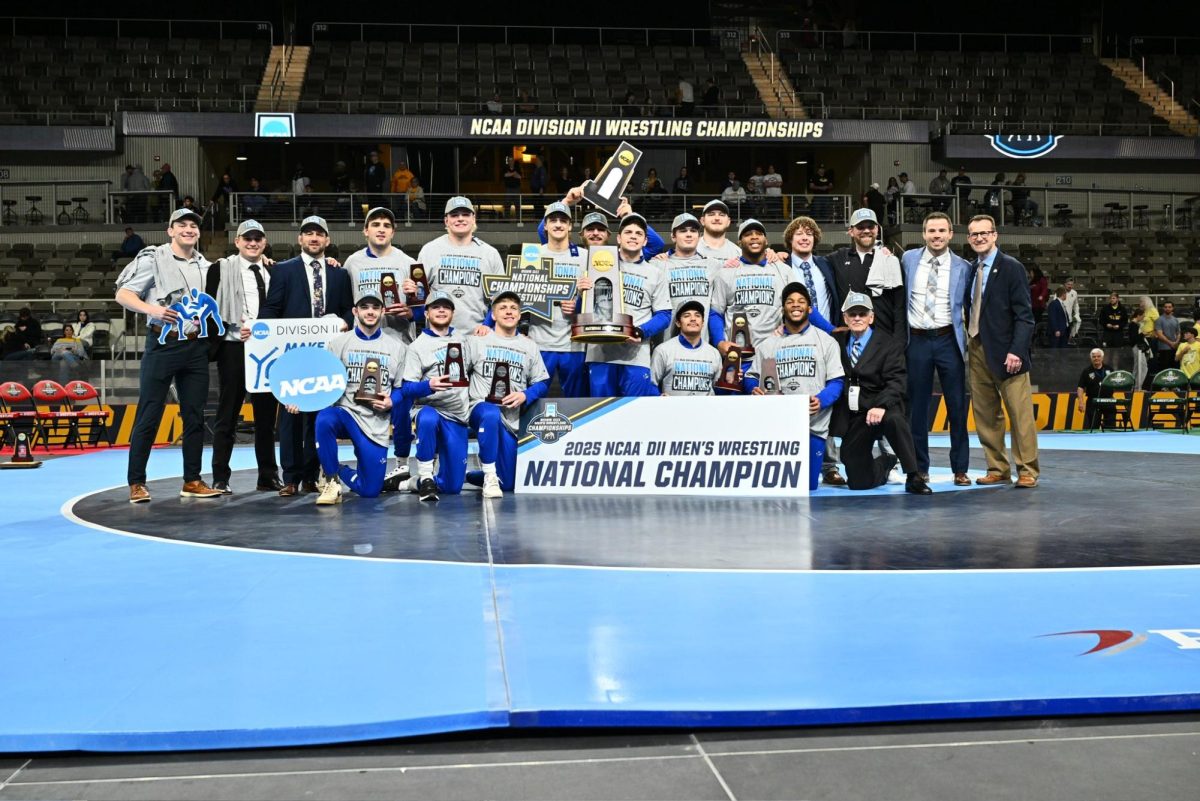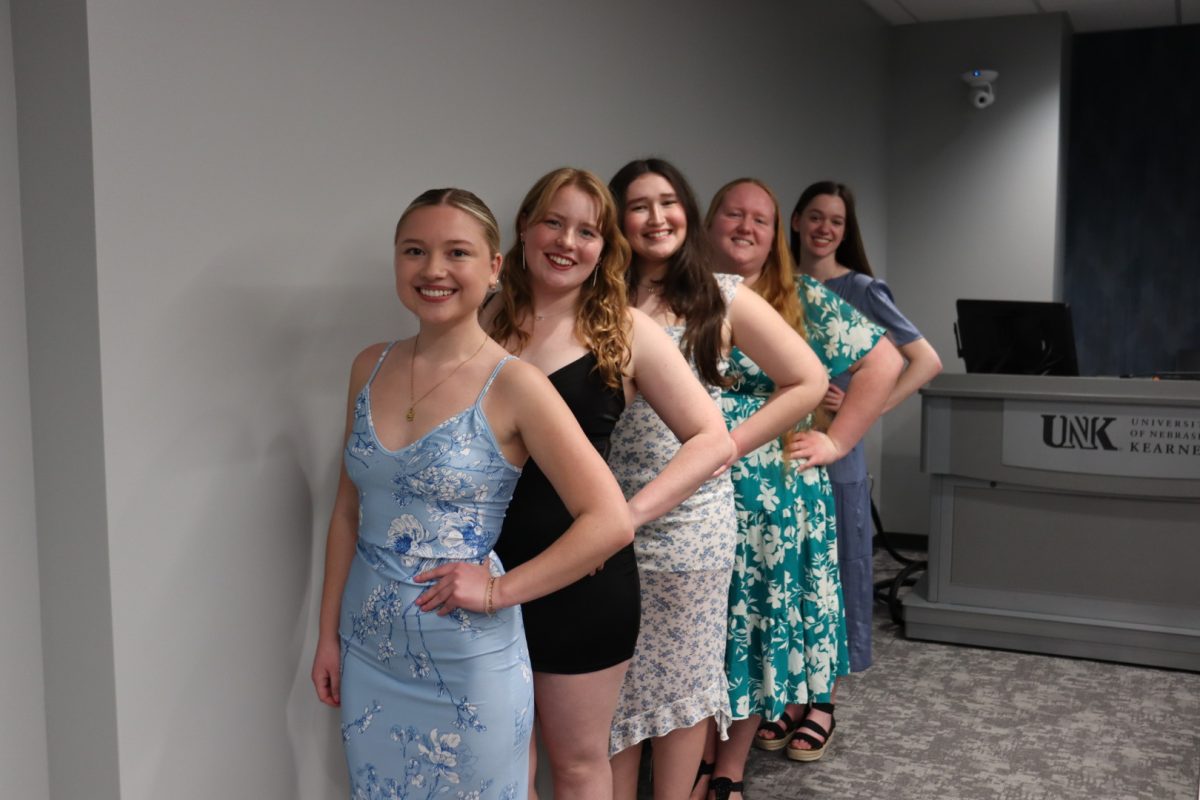As campus leadership continues to reconcile the status quo with respect and inclusion issues on campus, students are noting what campus leadership has to say — and what it doesn’t.
After last month’s inclusion and respect forum, where students expressed they don’t want one-off speakers for cultural celebration months or national tragedies, the university brought in Peter Ferguson, a noted diversity and respect conversation starter, to facilitate the discussion.
While Ferguson provided excellent commentary and fuel for critical thinking about issues of inclusion, the act of bringing in a third party to moderate the situation seems contrary to the stated goals of progress and change.
The act of bringing in a moderator immediately reframes the situation as a conflict that needs to be negotiated, and it forces both parties to accept the premise of a relationship that is to some degree adversarial. Even if this was not the intent, the message given was that the university is not ready to talk to students on the ground face-to-face about issues that are impacting their daily lives, but it is ready to portray itself as doing just that.
The forum heard doubts about the university’s intentions, questioning if the entirity of UNK’s mission of diversity, respect and inclusion are merely marketing ploys. That concern speaks to the reality of the situation. No matter how much UNK, or any college for that matter, aligns its messaging with social justice causes, if those words are not followed by meaningful actions that go beyond the performative nature of what we’ve seen so far, then the message is ultimately meaningless.
If UNK’s leaders say they want to speak to students, they shouldn’t need a middle man. Students and faculty alike are willing and able to meet right here and right now to start doing meaningful work on the problem.
What Ferguson did exceptionally was recognize his role in this situation. His self awareness about his position as an outsider brought in to facilitate the conversation lent him a credibility many speakers on this topic lack among students who feel their voices aren’t heard when speakers are invited to perform their routine.
Ferguson’s routine turned students and faculty to one another to discuss these topics, which is undoubtedly an important first step. But did we need to invest the time and resources we have available to us to bring in a third party for something we likely could have done ourselves if we put forth the effort?
Campus leadership needs to show better ownership of this situation if it truly believes in its outward messaging, and if that ownership never manifests, then it is already abundantly clear where the university’s priorities lie.
Ferguson is scheduled to return to UNK in the future, but he acknowledged that how much impact he can have is limited by both parties’ willingness to engage.
Campus leadership has to engage. We’re ready. Are you?































